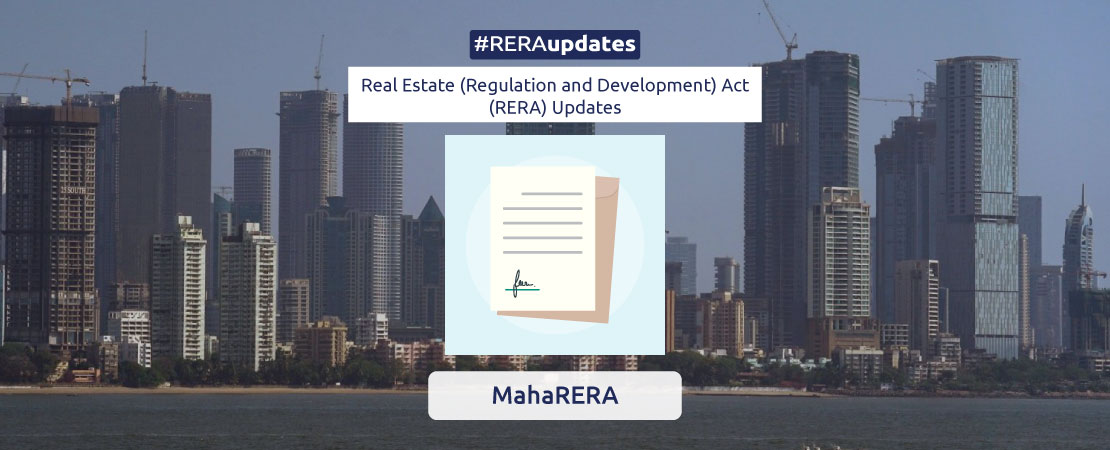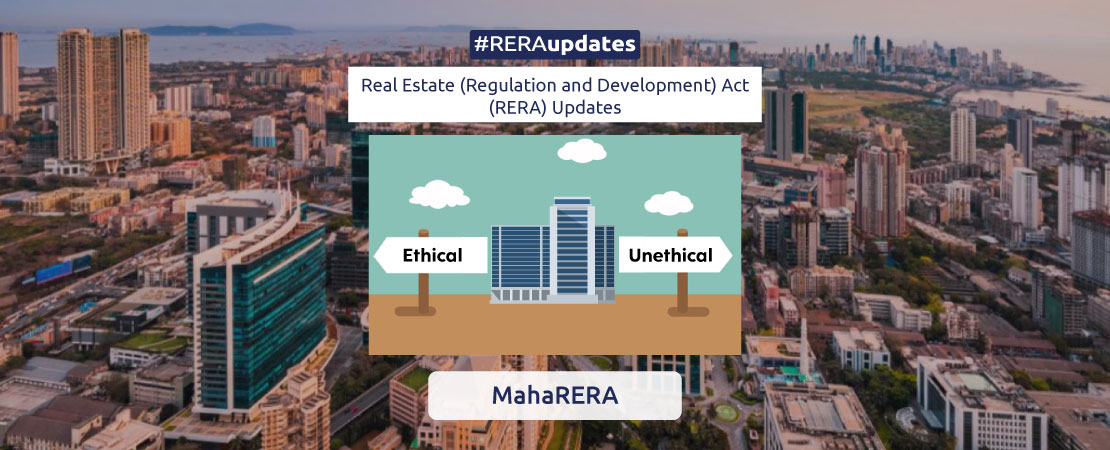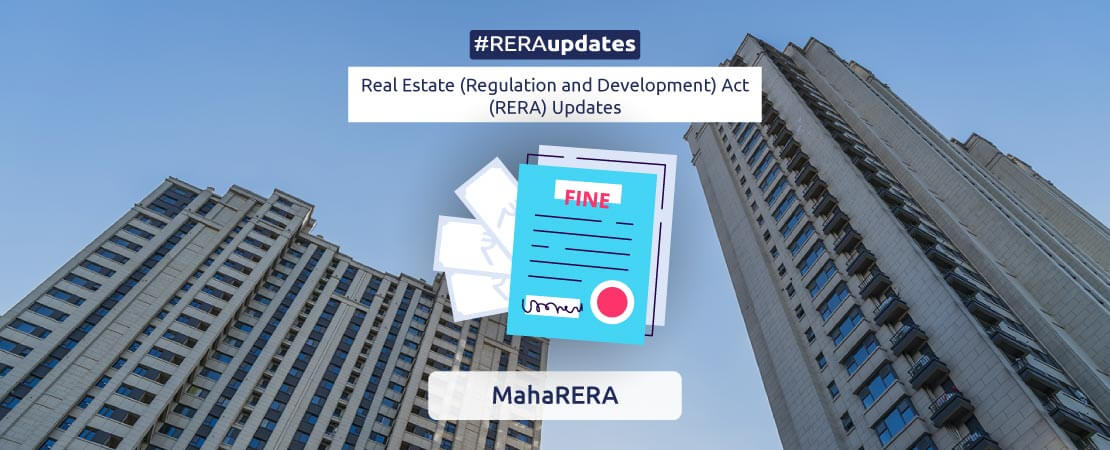While the number of pending cases before MahaRERA is piling up with every passing day with more than 5,404 cases, the delay in getting hearing dates has not only irked the litigants but also the professionals practising at MahaRERA, as their demand to fill vacancies and increase the benches in MahaRERA has fallen into deaf ears. Legal brains say, if this continues, the purpose of setting up RERA to provide speedy disposal of complaints within 60 days of filing complaints is defeated.
Moreover, even with such a huge voluminous pendency of cases before MahaRERA, only two benches are functional as on date, increasing the workload on the system.
mid-day had, in its article titled ‘Wait for MahaRERA hearing dates keep getting longer’ on December 29, highlighted the concern of thousands of litigants about their plight regarding the long wait.
Speaking to mid-day, CA Ramesh Prabhu, founder chairman of Maharashtra Societies Welfare Association (MahaSEWA), said, “Considering the pending complaints, the first date of the hearing is received after nine months to one year. In the first hearing, the parties are asked if they want to explore amicable settlement through a conciliation forum. If parties do not opt for regular hearings, the date for hearing comes after six to nine months. The subsequent dates are also given after nine months. Thus, the very purpose of setting up RERA to provide speedy disposal of complaints within 60 days is defeated.”
Prabhu added, “Complaints against registered projects filed till date (since formation of MahaRERA in mid-2017) is 15,593, and 10,189 orders have been passed so far. Pending complaints stand at 5,404. Complaints filed against unregistered projects are 839 of which 784 are disposed of, thus the number of pending complaints against unregistered projects is 55. Pendency is increasing with each day. However, with the vast leap in hearings from six months to nine months, instead of the mandated 60 days as per RERA act, pending complaints may go up to 10,000 in the next six months, which is worrisome. The need of the hour is to immediately appoint three additional benches and additional manpower for clearing these cases.”
Advocate Godfrey Pimenta, who practises at MahaRERA, said, “Litigants who filed cases about a year ago are now being given dates from May to August 2022 in some of the cases handled by me, which may be the situation with other advocates as well. As such, additional members are required to be filled in to expedite the mechanism for complaint disposal ideally within 2 months from date of filing the complaint. Moreover, MahaRERA charges a fee of R5,000 per case towards filing charges, whereas other states charge a mere Rs 1,000.”
“The RERA authority was among the early few quasi judicial authorities to adapt to online hearings post the onset of the pandemic. However, the pandemic and other factors have resulted in increased defaults in the real estate industry, leading to breaches of agreements and non-delivery of the terms of sale deeds. There would, therefore, be an enhanced load on RERA. Thus, there would be an urgent need to increase the number of benches to cope with the increased load of matters” said Floyd Gracias, Supreme Court counsel.
Anil D’Souza, secretary, MahaRERA Bar Association, said, “Like all new ventures, MahaRERA is growing and will continue to grow. Hence, it needs more benches for adjudication. Since every second day, we see a MahaRERA order in the newsprint, more and more cases are now getting registered under the authority. At the same time, there is a huge stream of existing ongoing cases at various stages in the litigation process.”
“With the growing number of new cases and also the ongoing pending matters, it is imperative that there are more benches for adjudication that can reach out and address the hopefuls. Hence, a concerted effort to holistically address every stage, from court hearings to the final execution of the MahaRERA order is the need of the hour,” said D’Souza.
According to Prabhu, there are a few ways to move forward. First, MahaRERA and the state government have to increase the number of members/ benches in MahaRERA who can handle the complaints and assist in clearance of pendency. Second, the Supreme Court, in Newtech Promoters and Developers vs UP state and others, upheld the powers of RERA under section 81 of RERA to delegate its powers of complaints redressal to its members or any other person. Thus, RERA may appoint additional retired civil court judges or retired IAS officers to hear the complaints. Third, timely disposal of complaints is most important as the allottees have invested their life savings and are also paying EMI on housing loans. Any delay in deciding the complaints indirectly put the allottees to greater disadvantages etc.
Advocate Vinod Sampat, founder-president of Cooperative Societies Residents Users and Welfare Association, said, “The law stipulates that as far as possible RERA should pronounce the verdict within 90 days. This implies that a hearing should take place, all the parties should be heard and the matter must be normally disposed of within 90 days.”
He added, “As anticipated by many professionals practising in RERA, it is an open secret that dates are given after more than 90 days. The reason for the same is more work pressure and less helping hands due to staff crunch. COVID-19 lockdown also contributed to increased pendency of cases. During the first hearing, officials request the parties to go for conciliation of the matter and get the matter amicably resolved. I fail to understand why one should wait for a long time to give a date. Right now, a circular should be issued that all new matters should first go for conciliation and an attempt should be made by eminent and selfless bodies like Consumer Protection Division to get the matter resolved amicably. Presuming one is not successful with that, the matter would go on.”
He added, “If one looks at the number of cases being filed and the number of the officers attending the matters, we can clearly see that RERA benches are insufficient to cope up with the said work load. This will result in pendency of matters for years together. This requires it to be resolved in the most efficient manner.”
When asked what could be the solution, he said, “The solution is framing broad guidelines and issuing circulars. If the parties are well aware that this is the intention of RERA and if it is spelt out through circulars then people would be reluctant to delay the matter. We all know that builders use all possible tricks to delay the matter as the financial resources of the flat purchasers are limited. Moreover, the builder has got nothing to lose. These days, the nine per cent interest that may be awarded by RERA is peanuts. The need of the day is that RERA criminally prosecute defaulting builders. Unfortunately, the builders’ lobby is not taking RERA orders seriously. We all know that even the order once passed is difficult to implement due to bureaucratic constraints.”










